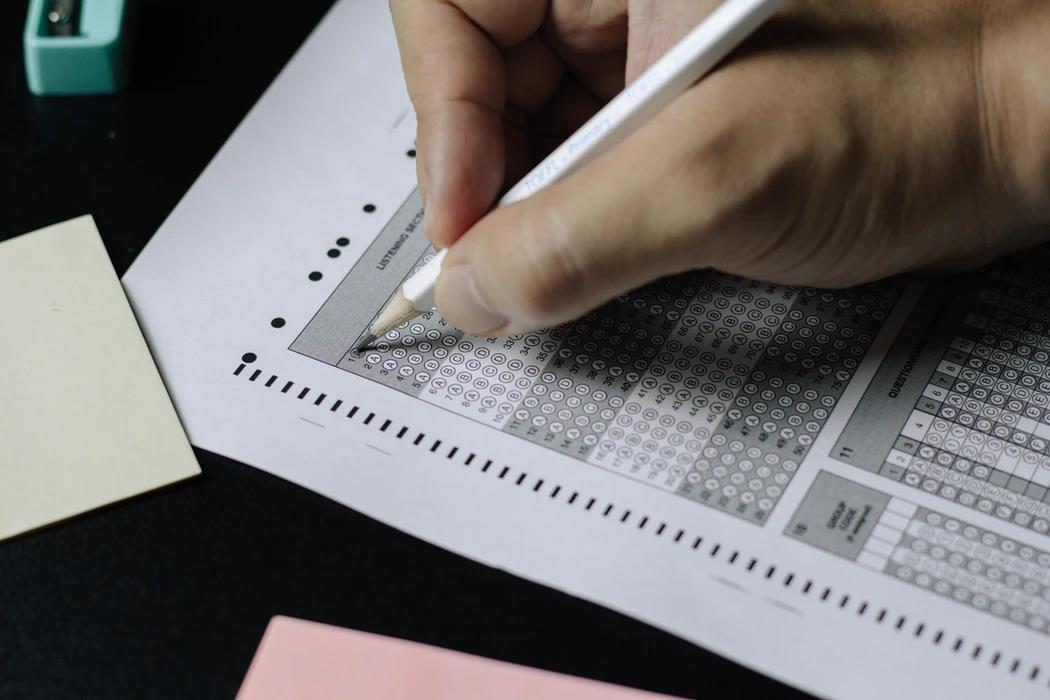UNITED STATES—When you work in finance, it’s important to have the right credentials. A securities certification is a great way to prove your knowledge and skills to employers. There are many different kinds of securities certifications, so it’s important to know which one is best for you.
In finance, the certifications that you hold could have a big effect on your career. Some of these certifications are required to do certain jobs or for employers to hire you, while others can help you land a higher paying position. This article will introduce you to FINRA’s different licenses and what it takes to be licensed as an investment professional.
Series 6 License
Who needs it: Passing the Series 6 indicates that you are knowledgeable with life insurance sales, mutual funds, and rentals. Persons with a Series 6 certification are often employed in the insurance sales business.
Taking the exam: To show your proficiency, you must have a working knowledge of investment, asset transfers, purchases and sales, accounting, and record keeping. If a candidate does not get a score of 70%, you can retake the exam after 30 days. However, a member of the FINRA or SRO will be required to sponsor you again, and you’ll need to pay the exam fee.
You can save yourself a lot of headache by checking out this excellent guide on FINRA series exams and where to find the best exam prep courses.
Series 7 License
Who needs it: All applications, purchases, and sales of securities products, commercial stocks, mutual funds, options, municipal securities, and variable contracts will be subject to the Series 7 certification of any individual.
Taking the exam: Passing the Series 7 is a difficult challenge. You must study deliberately and methodically. Many retail brokerage firms offer in-house training or, in certain cases, establish a partnership with an outside education source to assist you.
Test preparation and study courses can help you pass your Series 7 exam the first time.
Series 65 License
Who needs it: The Uniform Investment Advisor Examination appoints individuals to provide consumers with investment and general financial advice.
Taking the exam: There are a total of 130 questions. Candidates must complete the examination in 180 minutes. To pass the Series 65 test, at least 94 of the 130 questions must be scored correctly.
Series 57 License
Who needs it: Brokers that hold a Series 57 license can trade on the Nasdaq, the NYSE, over-the-counter (OTC), and private marketplaces.
Taking the exam: To take the Series 57 certification exam, you must be sponsored by a FINRA member firm or a self-regulatory organization (SRO) member company. As a result, you will be unable to take this test unless you first get certain other FINRA qualifications.
Series 24 License
Who needs it: The holder has the authority to oversee and manage the activities of a broker-dealer branch.
Taking the exam: To be qualified for a main registration, a candidate must pass the Series 24 exam, the Securities Industry Essentials (SIE) exam, and one of the five representative-level qualification exams: Series 7, 57, 79, 82, or 86/87.
The Series 24 exam is intended to examine a candidate’s ability to carry out the essential tasks of a General Securities Principal by evaluating their knowledge, skills, and abilities. The time and effort put in to earn this certification will be handsomely rewarded.
Prepping for any of the FINRA license exams
Have a study plan
A good curriculum is a crucial milestone in the study process since it enables you to stay organized, reduce stress, and track your progress. Study plans are extremely important for online students since you must have self-discipline and dedication to accomplish your studies without an instructor continuously reminding you.
Get in the habit of good rest
Don’t underestimate the amount of effort necessary to finish a lengthy exam. Series 7 candidates will be examined for 6 hours – 250 graded questions – in two 3-hour sessions! Candidates taking Series 79 will have 5 hours to answer 175 questions. You must mentally prepare for this lengthy voyage.
Only take the exam when you’re ready
Consider delaying your test if you are not achieving close to the desired score on practice examinations. If you contact the exam facility more than 10 days in advance, you can do so without penalty.






